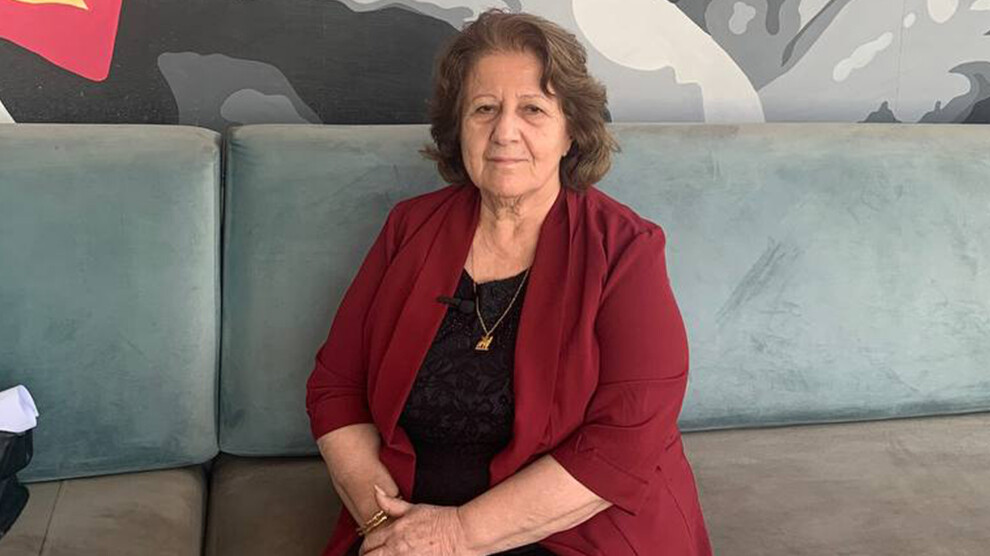Women in Iraq fight for their acquired rights
Women in Iraq fight against the proposed amendments in the Iraqi Personal Status Law No.188 of 1959. They say if there is to be an amendment; it should be for the benefit of themselves and their children.

RAJA HAMİD RAŞİD
Baghdad- Women in Iraq keep fighting against the proposed amendments in the Iraqi Personal status Law No.188 of 1959, disregarding women’s rights.
In 1959, Iraq adopted Personal Status Law 188, drafted by jurists and constitutional experts and reviewed by religious scholars. Because there is no single, universal Shari’a law in Islam, the drafters selected what was most suited for contemporary Iraqi society and would secure women and children greater rights and protections within the family, drawing on the Shari’a schools of four Sunni sects and Twelver Shi’ism. The law eliminated arbitrariness in family status, unified the country under one governing code, and applied the same and equal rules to all Muslim families.
In order to ensure the consistency of jurisdiction over family affairs, all marriages had to be contracted before a judge within the state court system, and marriage outside the courts was criminalized. The age of consent was set to 18; even though polygamy was not banned, it was strictly conditioned. The articles of law addressed child custody, inheritance, and alimony ensured the welfare of children and women. Over the years, several amendments to the law provided further protections and greater equity in family affairs.
Women’s acquired rights targeted
In August 2024, the proposed amendments in the Iraqi Personal Status Law No.188 of 1959 was submitted to the Iraqi Parliament. If passed, the amendments would give custody of the child to the father after a divorce; reduce the minimum age for marriage. “Women's rights are an integral part of general human rights in every society,” said Shamiram Odisho, an activist and Secretary of the Iraqi Women's League. “Women’s acquired rights are under constant threat and the proposed amendments pose a threat to women’s rights.”
Pointing out that the religious figures in the country oppose the law, Shamiram Odisho said, “The proposed amendments will harm the rights of women and children if passed. The aim of the proposed amendments is to harm the status of women and cause new crises. Those who drafted the proposed amendments are members of the Shia and Sunni sects, aiming to promulgate the rules of Sharia.”
Shamiram Odisho warned that the functioning of the law would also be disrupted if the proposed amendments passed. “We need laws that unite and protect every group in society.”
‘It should be for the benefit of themselves and their children’
The Iraqi Women's League holds demonstrations and seminars to raise awareness in society about the threat posed by the proposed amendments. “We call on Iraq to comply with the international conventions ratified by it,” she said. “We work in cooperation with other non-government organizations to protect women’s rights. If there is to be an amendment; it should be for the benefit of themselves and their children.”
At the end of her speech, Shamiram Odisho called on all women in Iraq to fight the proposed amendments in the Iraqi Personal Status Law No.188 and support the campaign launched against the proposed amendments.
